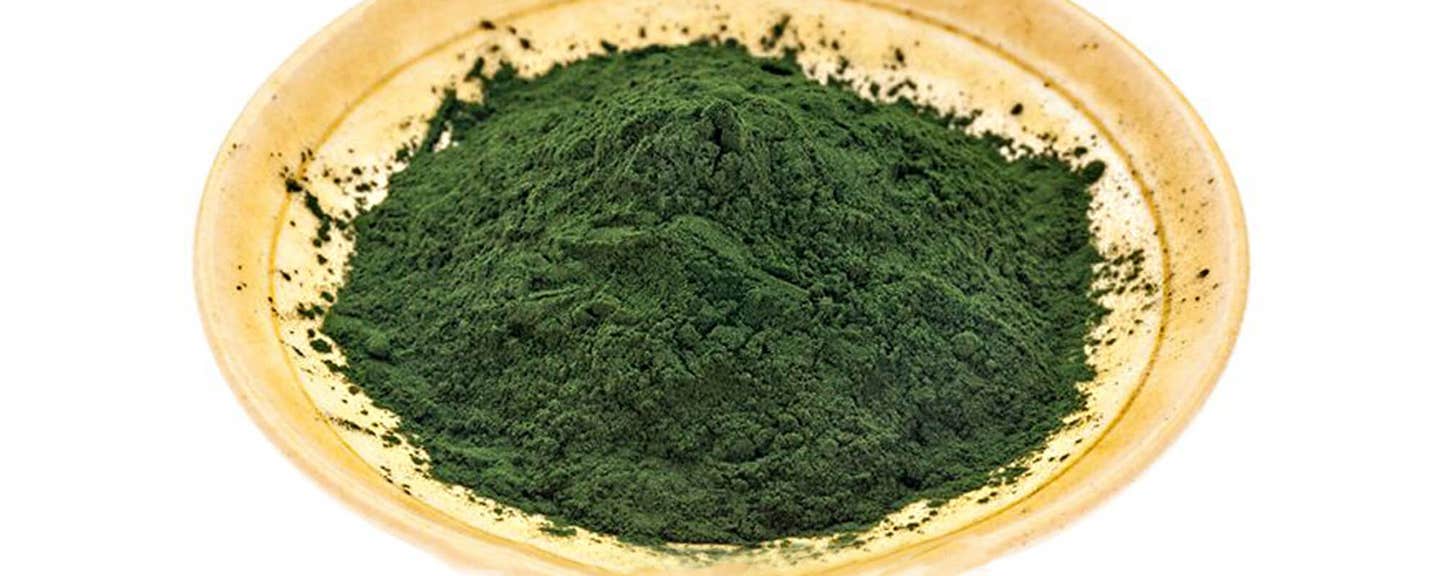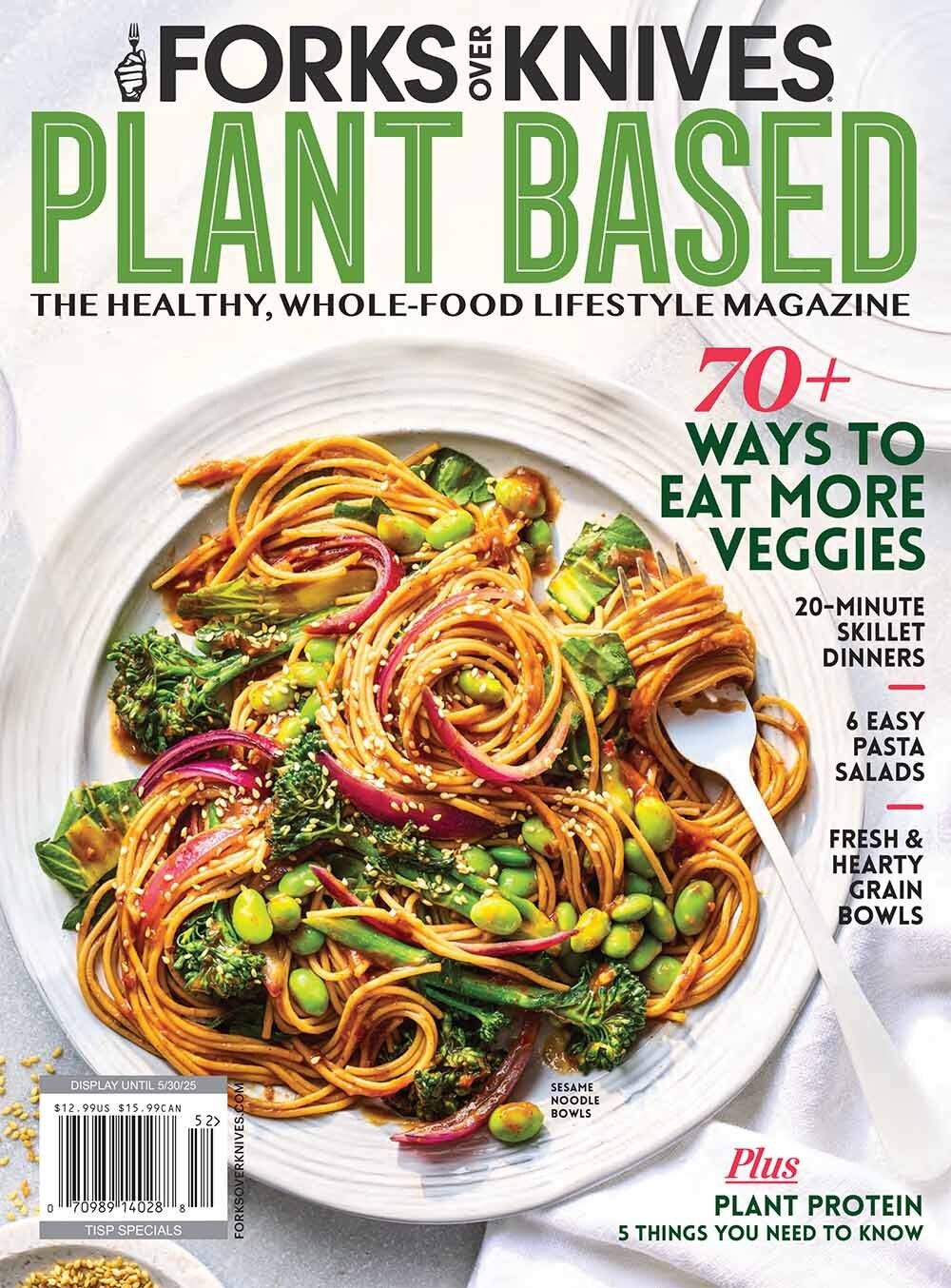
Powders, Extracts, Oils, and Juices
By Micaela Karlsen, PhD, MSPH,
Last Updated:They’re all around us — goji berries, chia seeds, maca, pomegranates, and the list goes on. Certain individual foods are labeled “superfoods” by the food industry and so concentrated powders, extracts, oils, and juices of these foods are then marketed as beneficial because of their supposed special effects. The claims around these concentrated forms of certain foods include “improves vitality,” “wards off disease,” or even “boosts libido.” The modern shopper is hopelessly confused as he or she tries to match a host of products with a wide array of specific desired benefits. Even the person on a whole-food, plant-based diet may wonder, ”Should I be taking something to make sure I’m getting enough antioxidants?”
Superfood is Neither a Technical Nor Scientific Term
Where are things going awry? In spite of the fact that the word “superfood” is neither a technical nor scientific term, some of these claims about specific nutrients do have research supporting them. However, focusing on any single nutrient or class of nutrients outside the context of the whole, natural foods that contain them is a misplaced emphasis; the total dietary pattern is what most influences health outcomes, even if experimental evidence exists that a particular nutrient may have a given effect on the body. The preoccupation with concentrated food substances is really an extension of the preoccupation with the specific nutrients or nutrient classes.



The Spring 2025 magazine is here!
Our gorgeous “bookazine” features over 80 fresh and tasty recipes.
Popular media defines a “superfood” as a food that contains unusually high amounts of specific nutrients, often antioxidants — substances that combat cell damage due to aging and other factors. It’s easy to fall into thinking that if some is good, more must be better. What we are forgetting here is that eating more of a nutrient doesn’t necessarily mean that our bodies will use it; absorption and utilization are largely determined by the body’s need at the time of consumption along with many other variables. Drinking pomegranate juice or blueberry extract may do no more than put a hole in our pockets, along with encouraging overconsumption of simple sugars without the fiber those sugars are naturally paired with in the fruit. And in some cases an excess can be every bit as problematic for health as a deficiency.
What About Antioxidants?
The example of antioxidants illustrates the misconception around “getting enough” of this class of nutrients. When we’re eating a colorful whole-food, plant-based diet, we don’t need to concern ourselves with antioxidant deficiency. It is when we eat a diet poor in fruits and vegetables (and therefore antioxidants) that we need to worry about getting enough of them. Processed foods contain few antioxidants, because they are stripped during processing. And the antioxidants present in animal foods reside in the animal’s tissues only because it consumed plants during its lifetime. Why not eliminate the middleman and get the antioxidants directly?
When are plant-based “superfoods” good for us? When they are whole and part of a low-fat diet comprised of foods eaten fresh, as grown, then yes — absolutely! A diet that includes potatoes, rice, beans, bananas, apples, spinach, kale, corn, cucumbers, kumquats, squash, quinoa, lettuce, tomatoes, sprouts, nuts, strawberries, and whatever else you want to throw on the plate is a great program! Eating colorful foods is beneficial, as long as they are whole foods and not extracts, powders, or concentrated individual nutrients. Eating for variety and color is a strategy that will deliver all the nutrients we need (with the possible exception of vitamin B12), as long as we are consuming adequate calories. We need not worry about whether or how we are getting enough of certain single nutrients or classes of nutrients.
It might be easier to just call a whole-food, plant-based diet a “superdiet” and leave it at that.
About the Author

About the Author
Micaela Karlsen, PhD, MSPH
Join our mailing list
Get free recipes and the latest info on living a happy, healthy plant-based lifestyle.
By providing your email address, you consent to receive newsletter emails from Forks Over Knives. We value your privacy and will keep your email address safe. You may unsubscribe from our emails at any time.
